If you are looking for a credit card that offers a rewarding rewards program, you may be interested in learning about the Citi ThankYou Rewards service from a major financial institution. This credit card program is a great way to earn points on major purchases while shopping at a leading retailer. Once you download the app, you can use it at Best Buy by scanning barcodes on products. You can then place items in your virtual cart and receive an email notification when you reach the required number of points. You can then proceed to the pick-up counter at the store.
Rewards program
If you love shopping at Best Buy, you might want to consider getting a Citi Best Buy credit card. These cards have rewards programs that give you a percentage of your purchases back. You can redeem your points for free gift cards or even cash. The rewards are also available online. But, there are a few things you need to know first. Most of the rewards expire after a year. You can’t keep accumulating points if you don’t make purchases.
The Best Buy Visa Card is a co-branded store card issued by Citi. It earns rewards whenever you shop for products at Best Buy. The only catch is that these rewards can only be redeemed at the Best Buy store. If you’re in the market for a new TV or computer, you can opt for the My Best Buy Visa Card. You can also opt for the Citi Best Buy card, which offers deferred interest financing. Best Buy also offers other benefits like 1% cash back on dining and gas. Besides, you can enjoy no annual fee on this card.
Annual fee
Are you looking for a credit card that offers great rewards? There are a few choices, from the Best Buy store card to the Visa Platinum. Both options carry an annual fee, but the difference between them is minimal. While the Best Buy Visa Platinum card comes with additional benefits, the standard store card has no annual fee. You can even choose between two tiers of benefits based on your spending habits. The annual fee for the Best Buy Visa Platinum card is $149, while the annual fee for the standard store card is $95 per year.
The Best Buy Visa Card offers a 5% cash back reward certificate after you accumulate 250 points, or 5% of the purchase price. If you use the card at Best Buy, you will earn an extra 5% back on your first purchase, but keep in mind that this bonus is not valid in conjunction with promotional financing offers. Instead, look for a card that offers this benefit. It’s well worth a look. There are several other options to consider, too.
Balance transfer fee
If you are looking for a credit card that offers a 0% intro APR and no balance transfer fee, a Citi Best Buy credit card might be a good fit for you. But you’ll need to keep paying your old card and avoid incurring late fees. The fees may not be worth it if the lower rate is better than the high interest rate you’d face otherwise. You’ll need to check the balance transfer deadlines before you apply. Some cards only let you transfer a balance up to four months after opening an account.
The Best Buy Visa credit card from Citibank charges a 5% balance transfer fee. If your credit card bill is $1,000, this could cost you as much as $50 in transfer fees. But remember that you’ll pay less than $5 for the same balance transfer on your Citi Best Buy credit card. So, if you’re planning to use your Best Buy Credit Card to pay off your current balance, it’s a good idea to transfer your balance now while it’s still on a low rate.
Credit report upkeep service
If you’re having a hard time keeping up with your credit report, you may want to consider a credit report upkeep service from Citibank. As one of the largest retail credit services companies in the U.S., Citibank manages 78 million customer accounts. The company also has affiliates all over the world, including Best Buy. It can be stressful to dispute inaccuracies on your credit report. Fortunately, there are several ways to stay on top of these inaccuracies.
First of all, it is important to recognize that the credit report will continue to be updated even if you stop making payments. The Fair Credit Reporting Act protects consumers from having inaccurate information reported on their credit reports. By law, consumers can dispute inaccuracies within 30 days of learning about them. The company that provides this service acts as a middleman between you and the credit bureau. They can gather evidence for you and handle any communication required.



